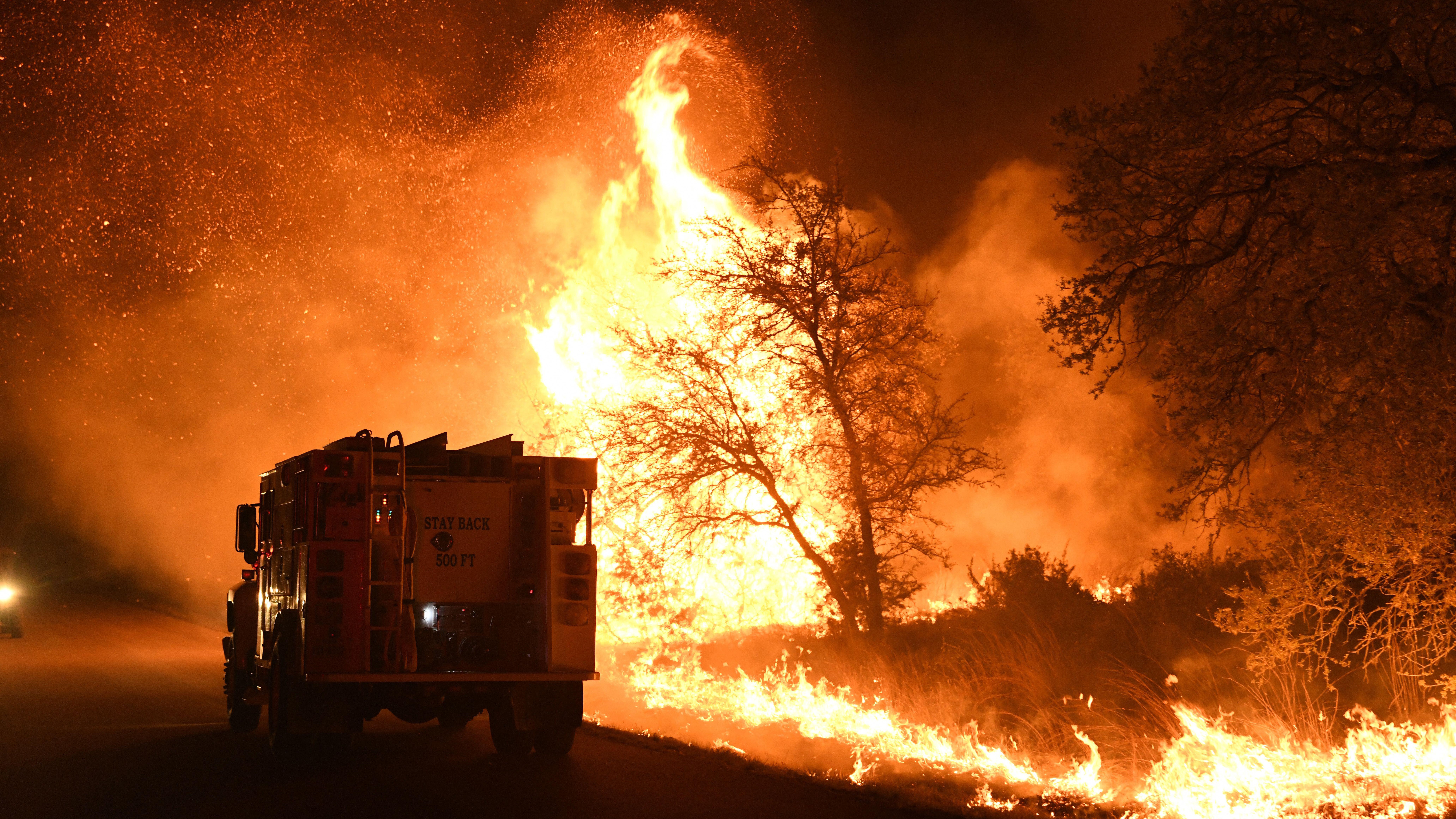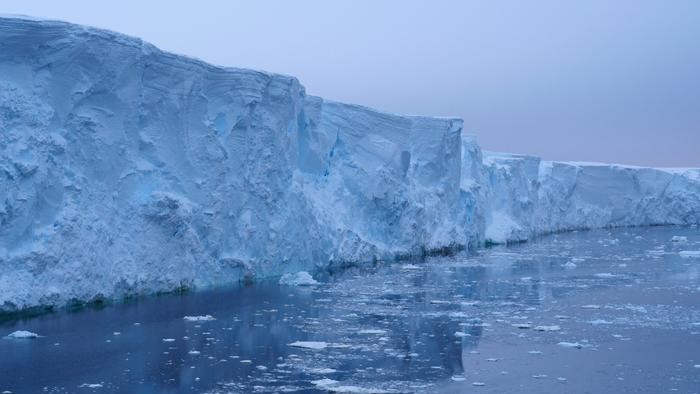Climate change news, features and articles
Latest about Climate change

Tree rings reveal summer 2023 was the hottest in 2 millennia
By Sascha Pare published
Tree rings suggest the Northern Hemisphere summer of 2023 was the hottest in 2,000 years, with temperatures exceeding those of the coldest summer in the same period by 7 degrees Fahrenheit (3.9 Celsius).
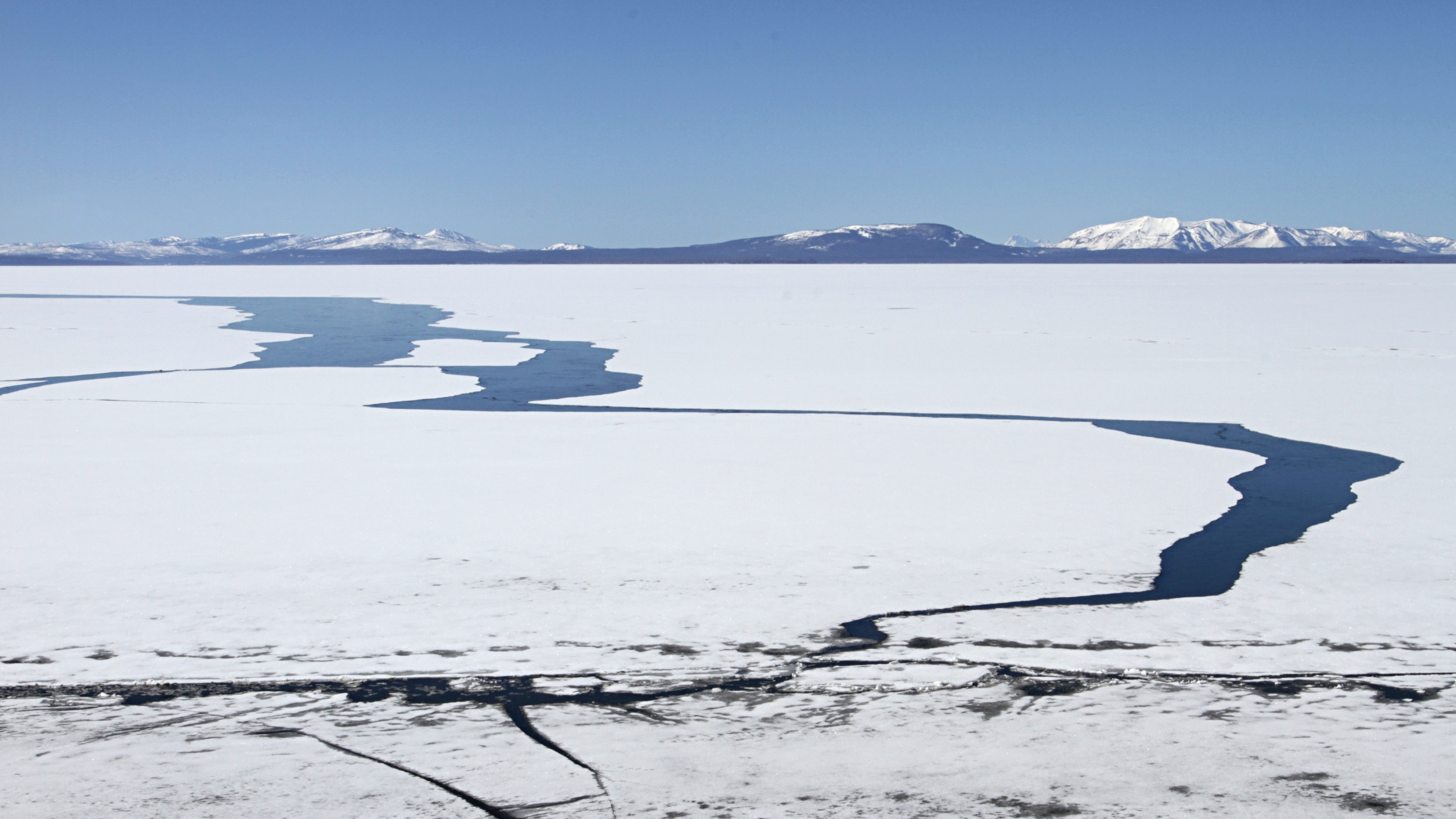
Yellowstone Lake's weird resistance to climate change could be about to crack
By Ben Turner published
Yellowstone's lake's ice cover has remained unaffected by increasing temperatures due to increased snowfall. But this could make it vulnerable to a sudden shift.
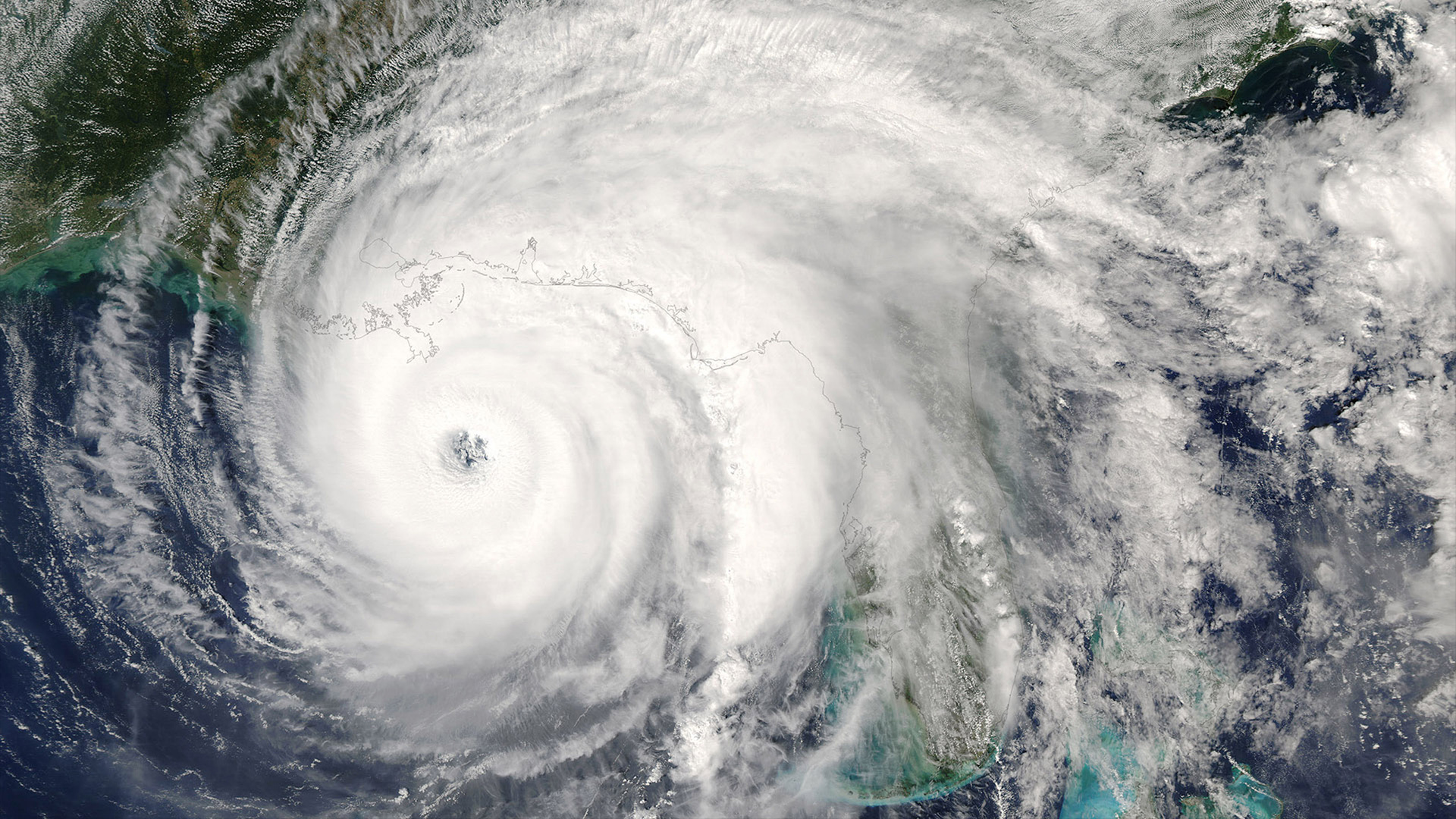
AI-powered 'digital twin' of Earth could make weather predictions at super speeds
By Emma Bryce published
An AI-driven supercomputer dubbed Earth's 'digital twin' could help us avoid the worst impacts of climate catastrophes headed our way.

When were sea levels highest?
By Meg Duff published
Sea levels were extraordinarily high during the last period of the dinosaur age. But ocean levels may have been even higher before that.
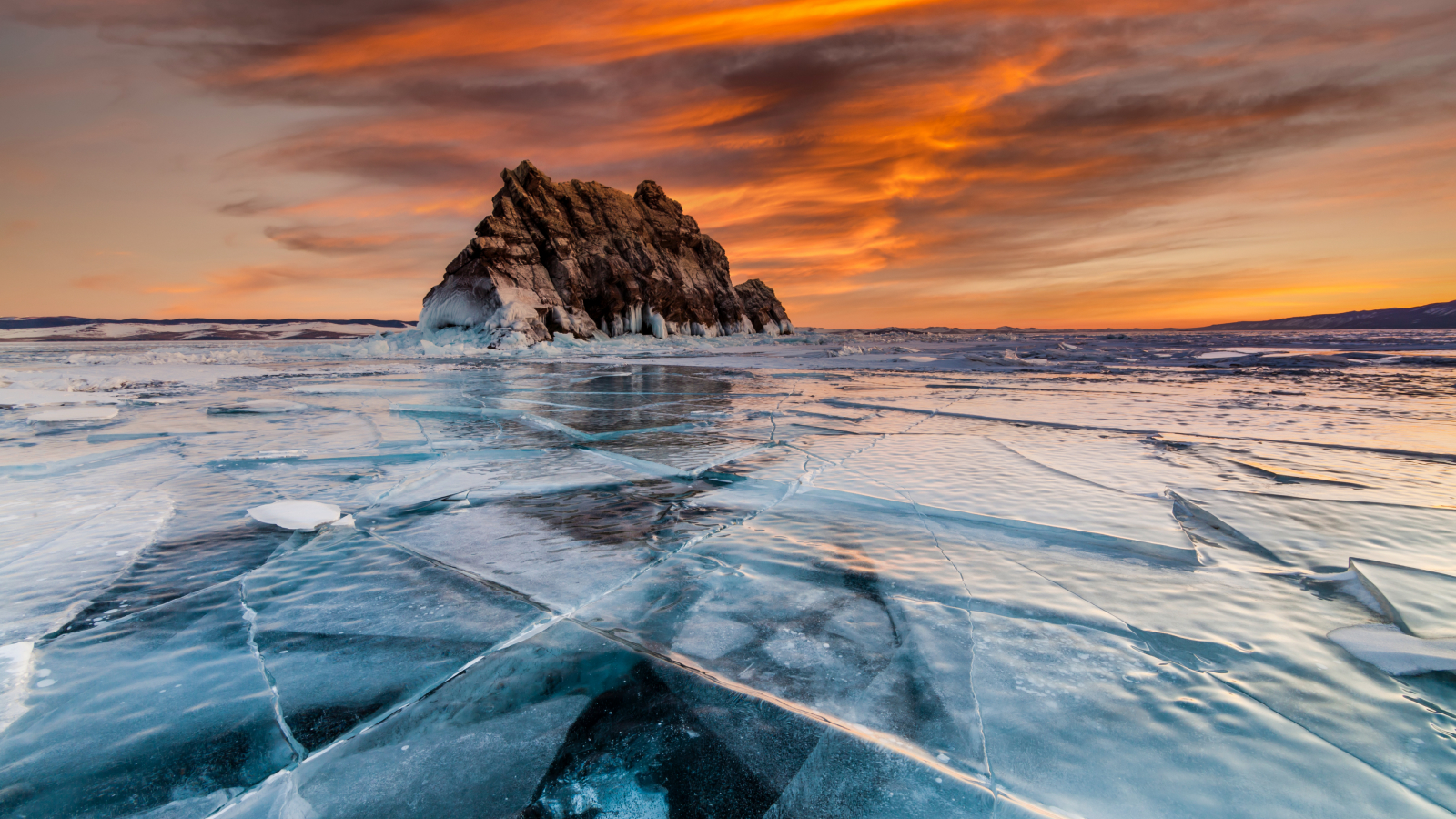
'Worrisome and even frightening': Ancient ecosystem of Lake Baikal at risk of regime change from warming
By Jeffrey McKinnon published
In this extract from Our Ancient Lakes: A Natural History, Jeffrey McKinnon examines the changes taking place in Lake Baikal as temperatures rise in this vast and otherworldly ecosystem.
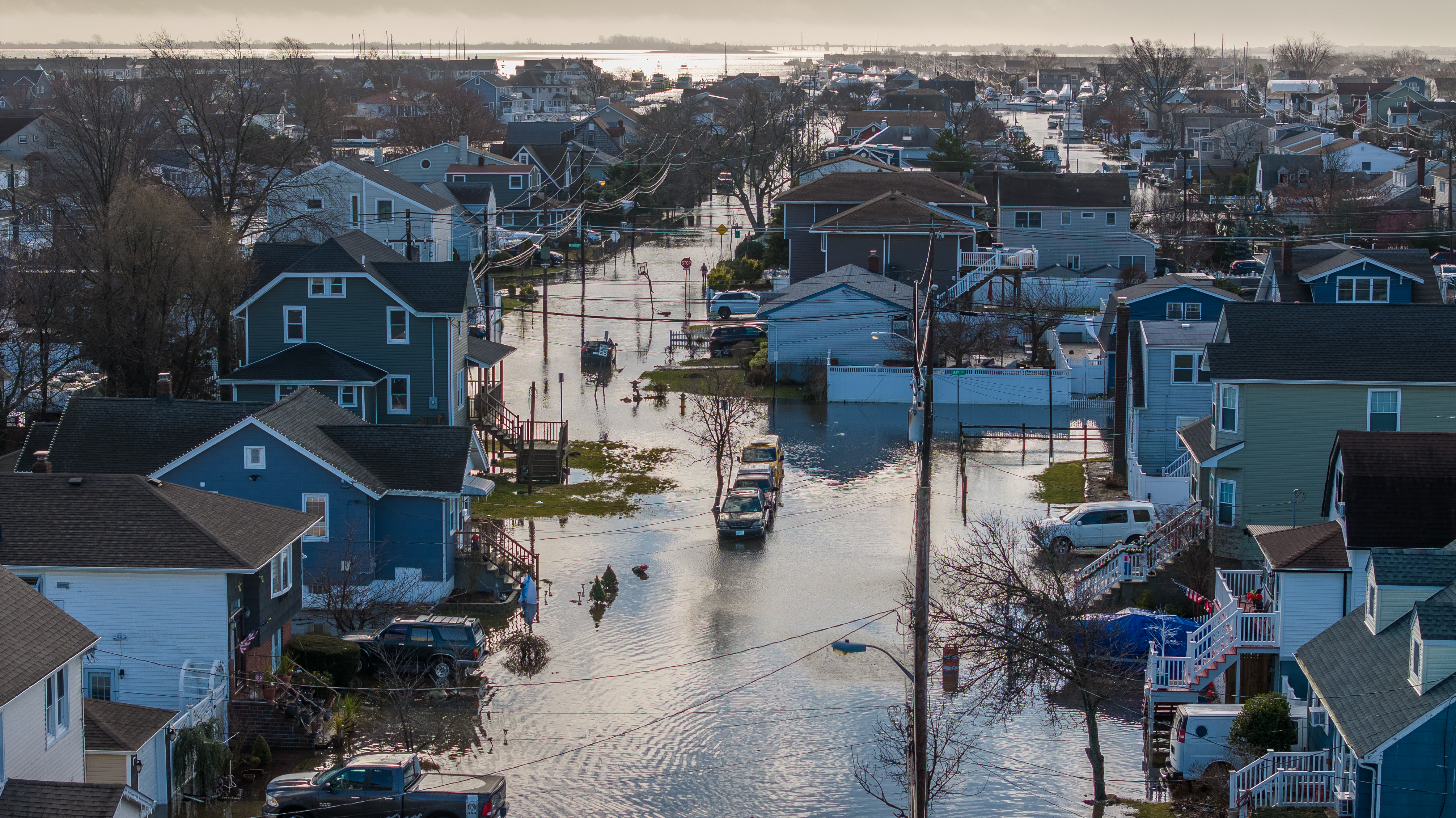
32 U.S. cities, including New York and San Francisco, are sinking into the ocean and face major flood risks by 2050, new study reveals
By Ben Turner published
Rising sea levels and sinking land threaten 32 U.S. coastal cities with worsening floods, including New York, Boston, San Francisco, New Orleans and Miami.
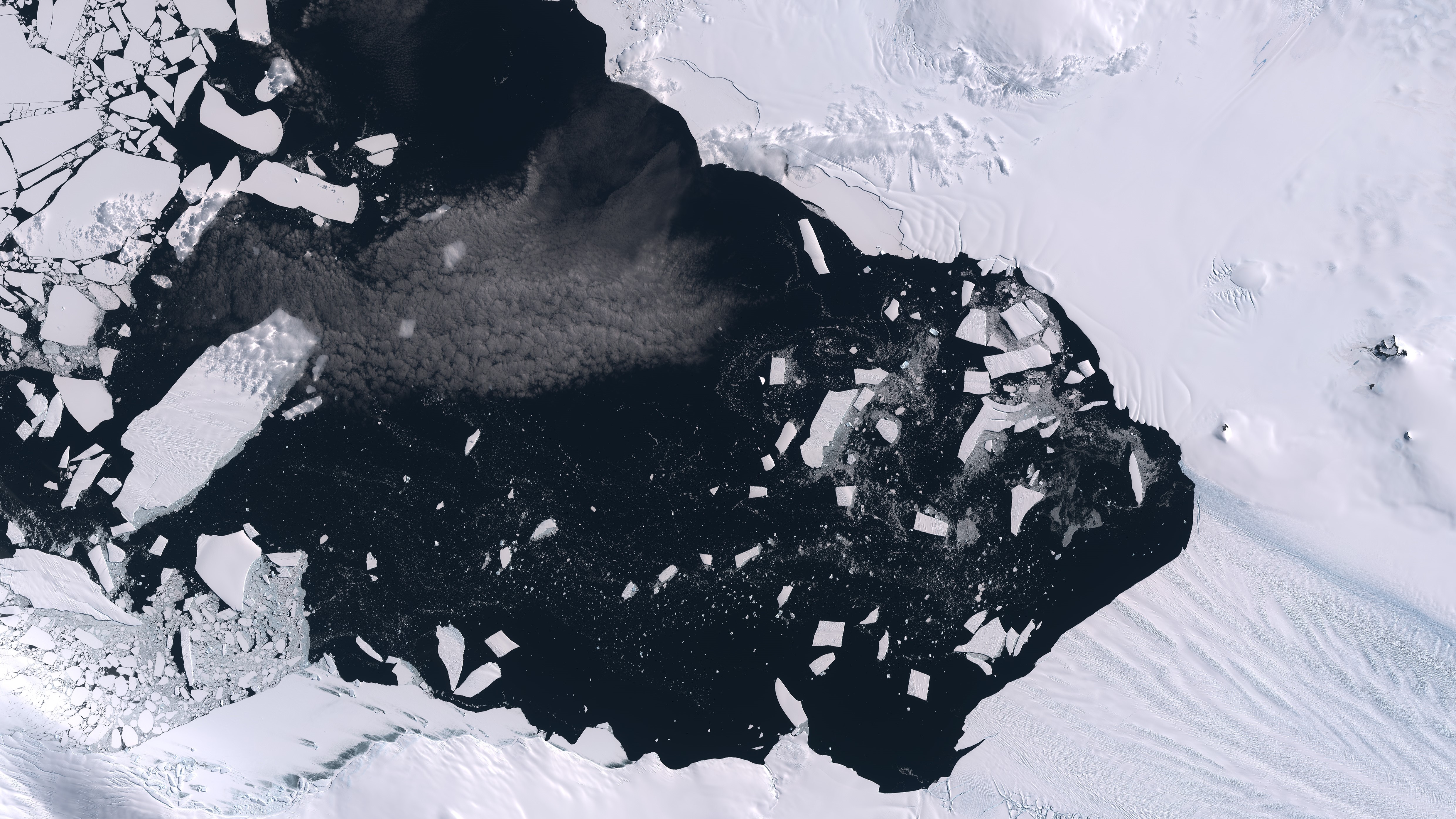
Fracturing Antarctic glacier breaks 80 mph speed record
By Ben Turner published
The Pine Island glacier formed a 6.5-mile-long crack at 80 mph, proving to scientists that some glaciers can shatter like glass.
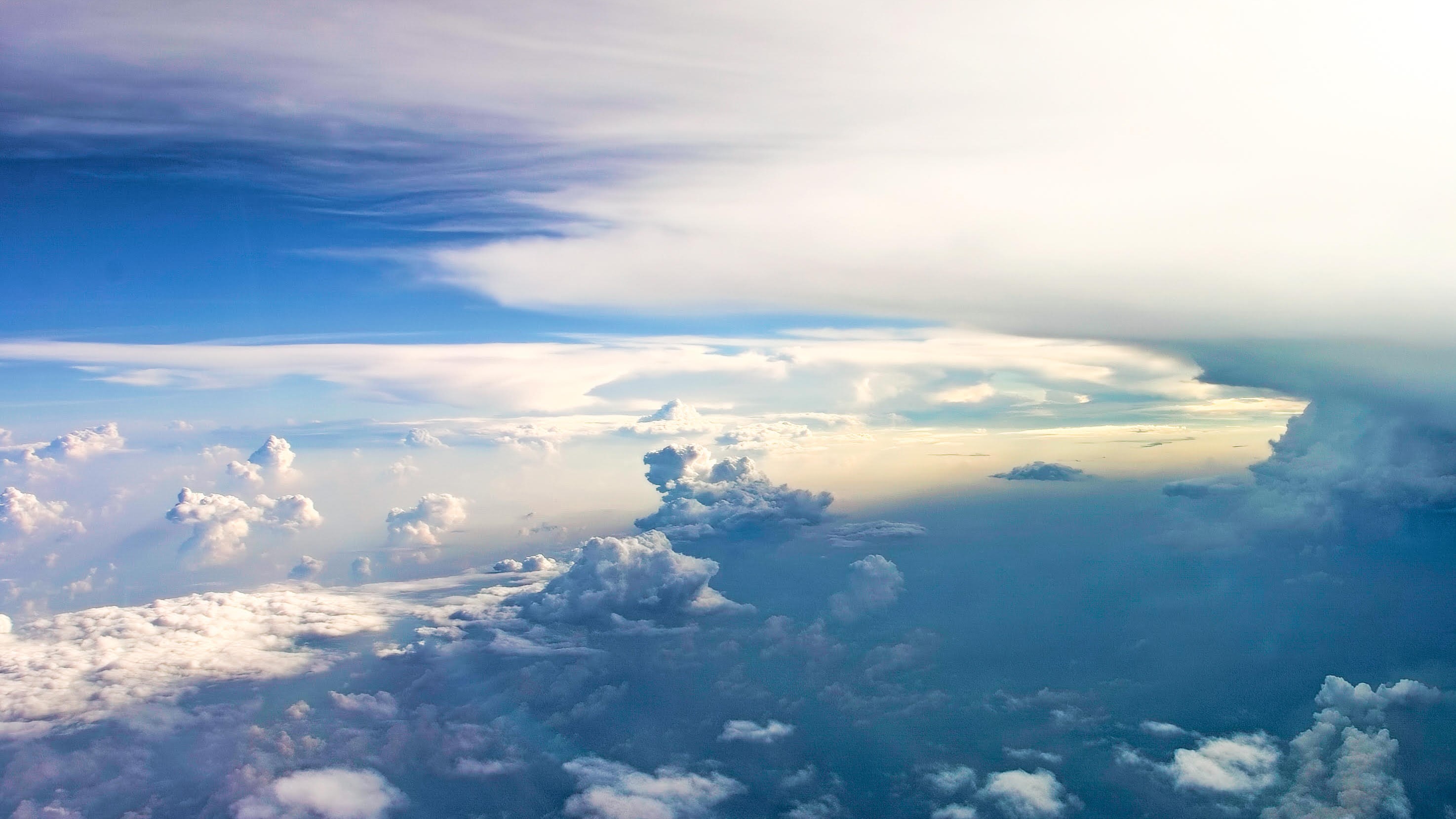
Scientists say dehydrating the stratosphere could be plausible option to combat climate change
By Sascha Pare published
A new study explores the possibility of removing water from the air before it enters the stratosphere, where water vapor acts as a greenhouse gas, to mitigate the effects of climate change.
Sign up for the Live Science daily newsletter now
Get the world’s most fascinating discoveries delivered straight to your inbox.
